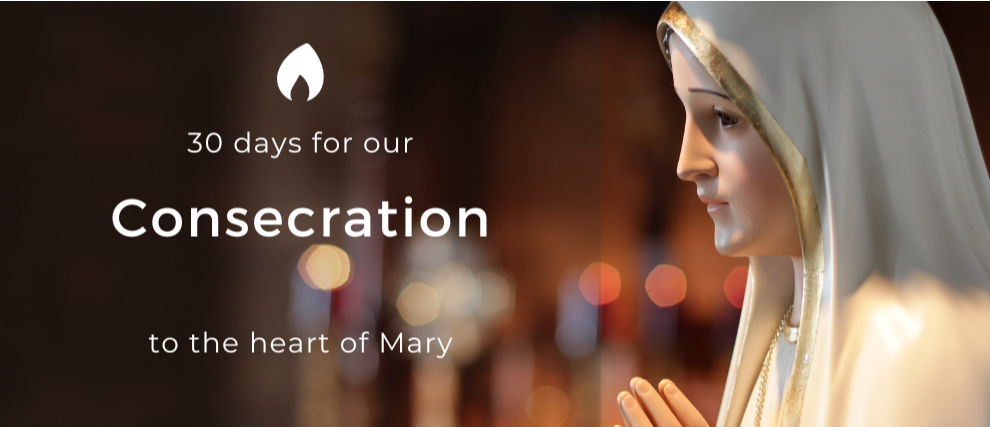The Miracles of the Incorrupt Body
The bodies of many saints have been preserved from natural putrefaction and have therefore been described as incorrupt. But it is important to know that this miracle of the incorruptibility of a body is not a factor in the canonization of a person, but for their beatification. Indeed, in 1215, during the Fourth Lateran Council under Pope Innocent III, physical "signs" of holiness, like the incorruptibility of bodies, were ranked behind the virtues manifested by the saint during their lifetime. The Holy See considers these unexplained phenomena with great caution.
The incorrupt body is to be distinguished from the intact body, like that of the young Saint Carlo Acutis. Indeed, the difference is subtle but very real. For example, during the exhumation of the young man for his beatification process in 2020, he was found with all his organs.
What is an Incorrupt Body?
An incorrupt body is a perfectly intact body, which has not undergone decomposition after death. This phenomenon is totally unexplained by science. It is often the bodies of saints and the blessed that are incorrupt. It is an extremely rare phenomenon. It is estimated to be on the order of 1 in 1000 cases. Gilles de Percin, a member of the Catholic Funeral Service, explained that in twenty years of career, he has only witnessed this twice, notably during the exhumation of Father Daniel Brottier (1876-1936), canonized by Pope Saint John Paul II in 1984: "In the presence of the people in charge of his beatification dossier, I took Father Brottier's body out of his vault. My head was very close to his. He was naked. His clothes had disintegrated, but his body remained whole, intact, down to his toes, his hair, and his nails. And one thing struck me: his very pleasant smell, it wasn't the scent of a rose or a violet, but a pleasant odor".
The Six Signs of Physical Incorruptibility
It was the English Catholic priest, Herbert Thurston, who first studied cases of physical incorruptibility. He explains that there are six precise characteristics. They have since been used as evidence in beatification processes:
A sweet fragrance emanating from the body
The absence of rigor mortis
The persistence of a certain warmth in the corpse
The absence of putrefaction
Abnormal secretions such as oil or blood
Post mortem movements.
Saint Cyril, Bishop of Jerusalem (c. 315‑387), had already established this principle by linking this unusual phenomenon to holiness:
"Even when the soul has fled, its virtue and holiness still permeate the body that hosted it".
Some Incorrupt Saints
This is not an exhaustive list of the 102 cases of incorrupt saints' bodies, but here are some well-known names:
Saint Teresa of Ávila
Saint Bernadette Soubirous
Saint Catherine of Siena
Saint Padre Pio
Saint Philip Neri
Saint John Vianney
Saint Zita of Lucca
Saint John of the Cross
Saint Charbel
Continue Your Prayer with Hozana!
Discover wonderful prayer communities thanks to Hozana!
Pray for nine days with this to plunge into the heart of Jesus and grasp all of God's love for us.
Finally, participate in to discover her many miracles and ask for her comfort and her intercession for us before God!

